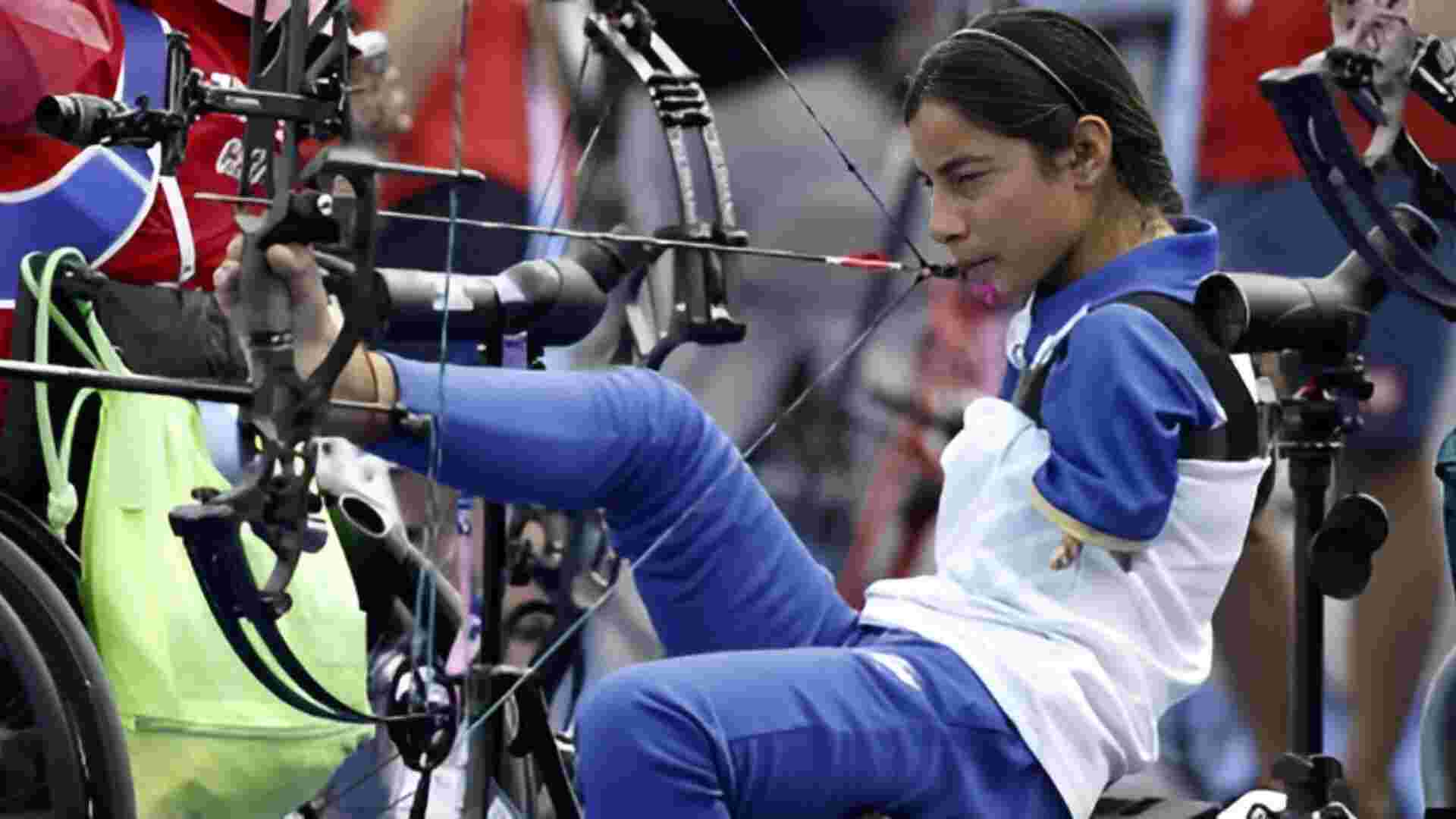Paralympian archer Sheetal Devi has captured attention at the Paris Para Olympics 2024 with her remarkable performance. Despite narrowly losing in the pre-quarterfinals to Mariana Zuniga, the 17-year-old armless archer, who utilizes her legs, shoulders, and jaw for shooting, has inspired many. Sheetal was born with phocomelia, a rare condition causing underdeveloped limbs, and began her archery journey at the age of 15.
What is Phocomelia?
Phocomelia is a birth defect characterized by severely underdeveloped limbs. According to Dr. Sudhir Kumar, a consultant neurologist at Apollo Hospitals Hyderabad, the condition can affect the upper limbs, the lower limbs, or both. The severity ranges from the absence of parts of the limb to the entire limb. In some cases, individuals may be born with just fingers as appendages.
Causes and History
The exact cause of phocomelia is often unknown, though it can sometimes be a genetic disorder. Dr. Kumar noted that in the 1960s, the use of thalidomide, a drug for nausea and vomiting, by pregnant women was linked to a rise in phocomelia cases. Thalidomide use during the first trimester of pregnancy was associated with this condition.
Diagnosis and Management
The National Center for Biotechnology Information (NCBI) advises that when phocomelia is diagnosed, physicians should check for other associated abnormalities, as about half of patients with this limb anomaly may have additional defects. These may involve the musculoskeletal system, vertebrae, intestines, and heart.
View this post on Instagram
Currently, there is no specific treatment for phocomelia, and the use of thalidomide in pregnancy is banned. Prosthetics may help, but many individuals manage well without them. Families of children with severely hypoplastic extremities are encouraged to work with therapists to meet their unique needs. Additionally, mental counseling services may be recommended to support both the child and their family in coping with the condition.
Also Read: Jodie Grinham Makes History, Becomes First Pregnant Athlete To Win A Paralympics Medal







